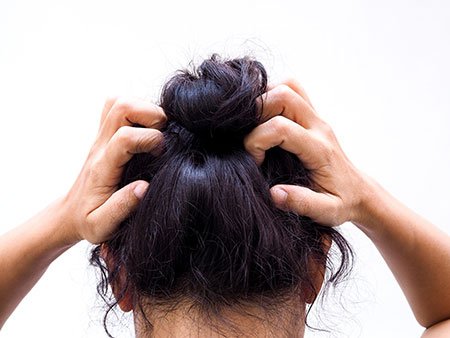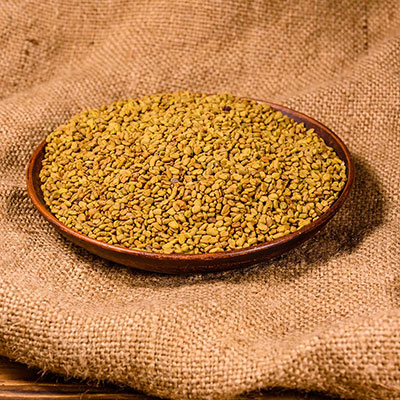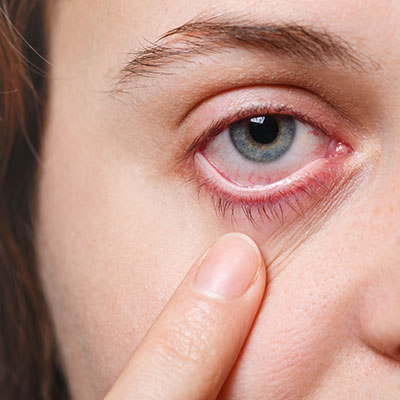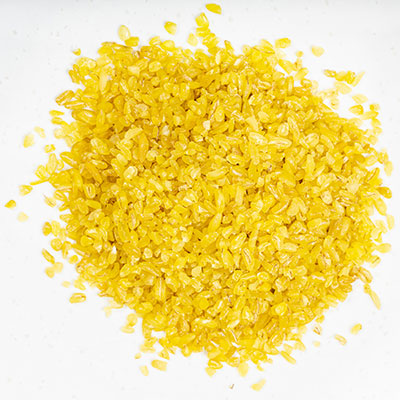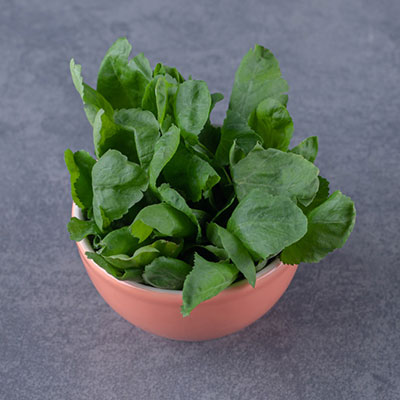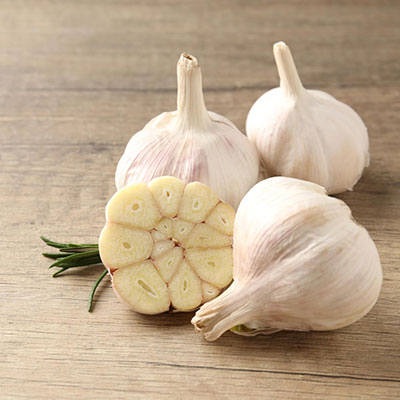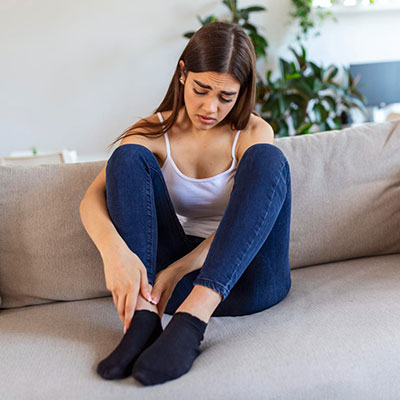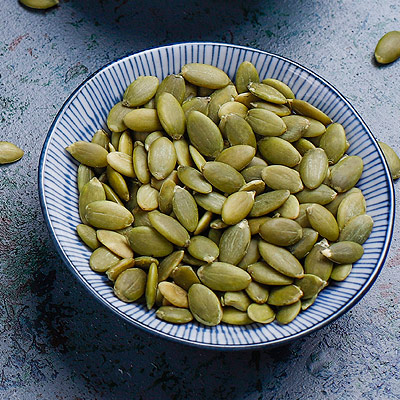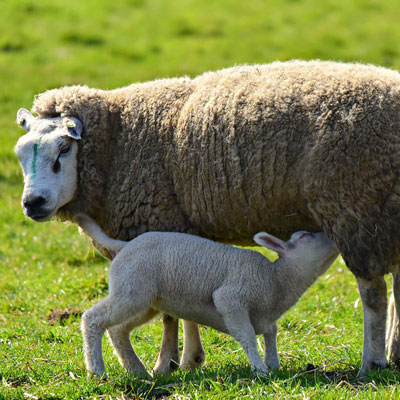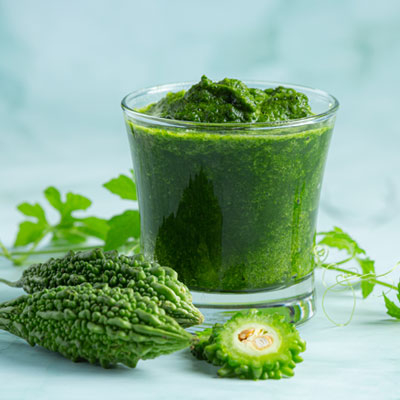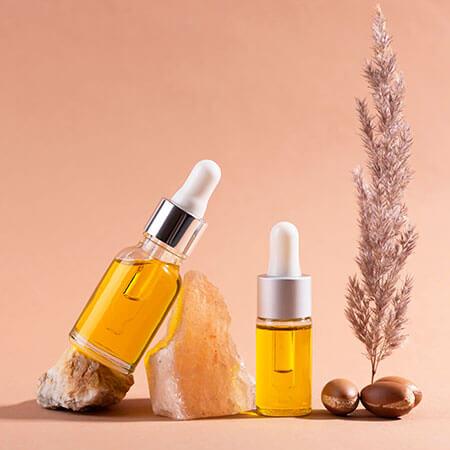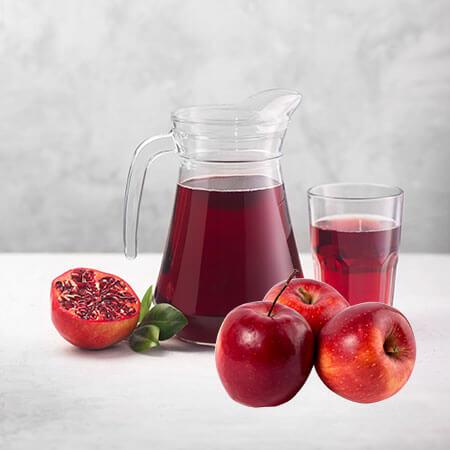A scalp infection is characterized as the fungus development on the skin of the scalp. You would notice pus-filled boils, constant itching, and white flaky skin on the scalp. This infection can lead to several hair woes such as dandruff, skin scars, hair fall, etc.
Thus, this problem not just impacts you on physical levels, but also on emotional levels. Read this article, to find out why a fungal scalp infection happens, and its natural treatment and prevention methods.
What is a Fungal Infection on Scalp?
There are specific types of harmless fungi present on the skin. Candida is among the commonest types of fungus that triggers infections. Over twenty species of this fungi have been identified as of date. When they get the right breeding environmental conditions, they start to multiply.
This leads to inflammation in hair follicles that shows up in the form of a fungal infection. This infection can happen not just on the scalp, but also on the legs, feet, hands, and fingernails. They are not only external but can also happen inside the body.
The commonest type of scalp fungal infection is “tinea capitis“. It is caused due to a dermatophyte fungus. The severity of this fungal infection depends on the extent of capillary invasion, the extent of the inflammatory response, and the immune system of the patient.
This infection spreads from one person to another. So, it can also be caused if you have come across somebody who has got ringworm or you have used the personal accessories like a shaving razor, comb, towels, etc. of the infected person. It is important that you get the assistance of a dermatologist to treat this infection properly.
What Is The Cause For Fungal Infection on Scalp?
The fungal scalp infection is caused when the oil, dead skin cells, and pollutants, on the scalp combine together. This creates an ideal ground for the fungus to grow and flourish. This leads to a fungal scalp infection.
The basic reason for a fungal infection is uncleanliness and poor scalp hygiene. It happens when you do not wash your hair on a regular basis. If you have a habit of tying damp hair or like to keep your hair damp most of the time, then it causes the microorganisms to encourage the ringworm to thrive.
The infection is also possible when you have got a wound/cut on the scalp but it doesn’t get clean properly. The use of hairstyling and chemical-rich cosmetic products can result in a chemical reaction that can aggravate the infection.
Other reasons that could contribute to the growth of fungi on the scalp are:
- Specific types of medical conditions like diabetes, poor immune system, etc.
- Malnutrition, and
- Stress
Signs of Fungal Infection on Scalp
Fungal scalp infection can either be mild or serious. Those who have a mild infection, notice less hair loss, and very small flaky patches. In serious cases, this infection can even lead to the appearance of swollen and painful lesions on the skin.
It may cover a large section of the scalp and restrict the growth of hair on the scalp. Though the severity of the symptoms may vary, it normally leads to the development of scaly and itchy bald patches on the scalp.
There can also be a few other signs such as –
- A purple or red-colored scaly rash present on the scalp
- The presence of white flakes on the scalp
- Pus-filled yellow or white-colored boils on the scalp
- Soft, white, or moist patches on the scalp
Natural Remedies To Treat Fungal Infection on Scalp
Natural remedies help in alleviating the symptoms of infections, but they are not a replacement for medical treatment. These remedies would not just help reduce infection but also promotes scalp and hair health.
1. Lemon and Yogurt
Lemon and plain yogurt, both exhibit powerful anti-fungal activity. The presence of probiotic bacteria kills the presence of any growth of fungi on the scalp.
Add a tsp of lemon juice to half a cup of yogurt. Mix them well and apply it uniformly on the scalp. After thirty minutes, wash your scalp. Rinse it with water. Repeat this process thrice a week.
2. Baking Soda Exfoliant
Baking soda is an effective natural exfoliator. It removes the dead skin cells and scaly patches that deposits on the scalp. In this way, it gives good relief from the itchiness. This remedy may cause irritation to people who have sensitive skin. So, use it with proper care.
Add a tablespoon of baking soda to a cup of hot water. Wet your hair, and apply this solution on the scalp using gentle circular movements. Leave it on the skin for five minutes. Rinse with normal water.
3. Garlic
Garlic is a potent antibacterial agent that helps fight off mild to severe ringworm on scalp. Lemon juice offers deep cleaning on the skin. It removes all the accumulated dead skin cells, dust, sweat, and other impurities from the scalp.
Take a bowl and add half a cup of lemon juice, and a paste of five garlic cloves. Apply this solution on the scalp. Let it stay for fifteen minutes. Rinse it off with normal water. Do this on alternate days. People who have sensitive skin should perform a patch test before using the remedy.
4. Apple Cider Vinegar/White Vinegar
ACV shows potent antifungal and anti-inflammatory properties that can help get rid of fungus on the scalp. Add one-fourth cup of ACV to a cup of water. Mix well. Apply it onto the scalp. Let it stay for ten minutes before you rinse it with water. (You can also substitute ACV with white vinegar in the same amounts).
5. Aloe Vera Gel
Aloe vera is touted as a potent healer. The presence of an anti-fungal and anti-bacterial substance, “aloin“, makes it a potent antifungal agent too. Apply fresh aloe vera gel evenly on the scalp using a brush. Let it stay on the skin for ten minutes. Rinse it off with water. Do this daily to get the best results.
6. Castor oil
Castor oil is a therapeutic agent for the scalp. It is a natural substance that has proteins and other compounds that can improve hair density but also prevent any existing infection on the scalp. Apply castor oil on the infected region. After ten minutes, wash it out completely. Dry the hair completely to prevent the further spread of fungal infection.
Tips To Avoid Fungal Scalp Infection
In addition to the above natural remedies, there are a few tips that will help lower the chances of getting scalp infection.
- Do not keep your hair wet for prolonged periods of time.
- Do not cover your hair when they are wet. Allow them to dry properly. It is advised to dry them in natural air, and sunlight.
- Maintain proper cleanliness and scalp hygiene. Wash your hair two times a week. If you have oily hair, you may even need to wash them thrice a week.
- Maintain distance from infected people and animals.
- Use your own personal accessories such as a hairbrush, cosmetic products, pillows, hats, towels, etc.
- Keep your combs and brushes clean.
Conclusion
Do not take a Fungal Infection on Scalp lightly as it can lead to long-term effects that include hair fall, dandruff, hair thinning, and damage to the scalp skin. The above-mentioned simple and effective home remedies help deal with the infection effectively. If you do not see any improvement in the condition, then it is best to seek professional assistance.
